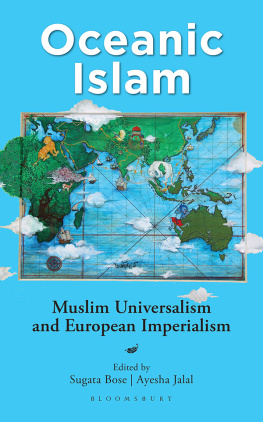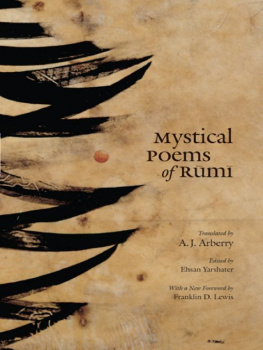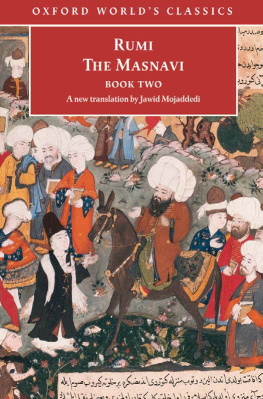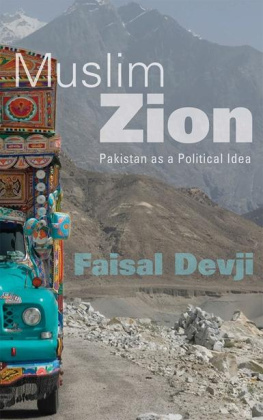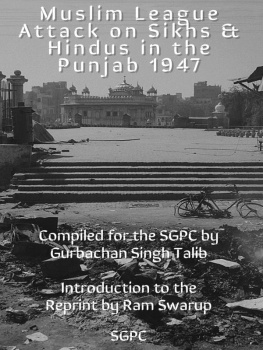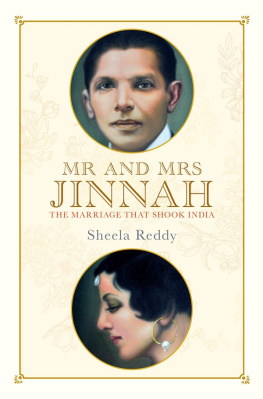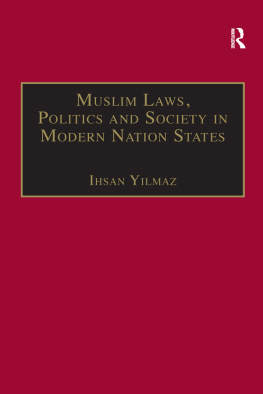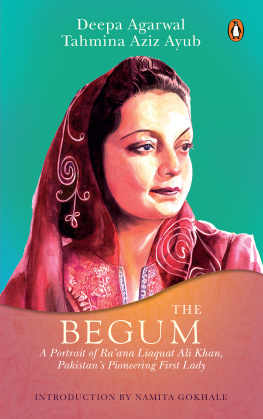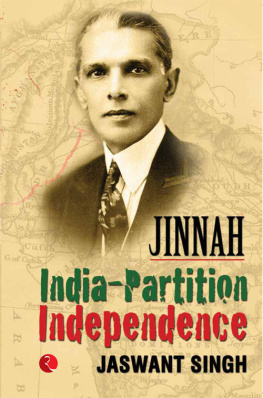Jalal - The Sole Spokesman: Jinnah, the Muslim League and the Demand for Pakistan
Here you can read online Jalal - The Sole Spokesman: Jinnah, the Muslim League and the Demand for Pakistan full text of the book (entire story) in english for free. Download pdf and epub, get meaning, cover and reviews about this ebook. year: 1985, publisher: Cambridge University Press, genre: Politics. Description of the work, (preface) as well as reviews are available. Best literature library LitArk.com created for fans of good reading and offers a wide selection of genres:
Romance novel
Science fiction
Adventure
Detective
Science
History
Home and family
Prose
Art
Politics
Computer
Non-fiction
Religion
Business
Children
Humor
Choose a favorite category and find really read worthwhile books. Enjoy immersion in the world of imagination, feel the emotions of the characters or learn something new for yourself, make an fascinating discovery.

The Sole Spokesman: Jinnah, the Muslim League and the Demand for Pakistan: summary, description and annotation
We offer to read an annotation, description, summary or preface (depends on what the author of the book "The Sole Spokesman: Jinnah, the Muslim League and the Demand for Pakistan" wrote himself). If you haven't found the necessary information about the book — write in the comments, we will try to find it.
Jalal: author's other books
Who wrote The Sole Spokesman: Jinnah, the Muslim League and the Demand for Pakistan? Find out the surname, the name of the author of the book and a list of all author's works by series.
The Sole Spokesman: Jinnah, the Muslim League and the Demand for Pakistan — read online for free the complete book (whole text) full work
Below is the text of the book, divided by pages. System saving the place of the last page read, allows you to conveniently read the book "The Sole Spokesman: Jinnah, the Muslim League and the Demand for Pakistan" online for free, without having to search again every time where you left off. Put a bookmark, and you can go to the page where you finished reading at any time.
Font size:
Interval:
Bookmark:
THE SOLE SPOKESMAN
Jinnah, the Muslim League and the demand for Pakistan
AYESHA JALAL
Columbia University

CAMBRIDGE UNIVERSITY PRESS
Cambridge, New York, Melbourne, Madrid, Cape Town, Singapore,
So Paulo, Delhi, Dubai, Tokyo, Mexico City
Cambridge University Press
The Edinburgh Building, Cambridge CB2 8RU, UK
Published in the United States of America by
Cambridge University Press, New York
www.cambridge.org
Information on this title: www.cambridge.org/9780521244626
Cambridge University Press 1985, 1994
This publication is in copyright. Subject to statutory exception and to the provisions of relevant collective licensing agreements, no reproduction of any part may take place without the written permission of Cambridge University Press.
First published 1985
This paperback edition published 1994
A catalogue record for this publication is available from the British Library
Library of Congress catalogue card number: 84-17439
ISBN 978-0-521-24462-6 Hardback
ISBN 978-0-521-45850-4 Paperback
Cambridge University Press has no responsibility for the persistence or accuracy of URLs for external or third-party internet websites referred to in this publication, and does not guarantee that any content on such websites is, or will remain, accurate or appropriate. Information regarding prices, travel timetables, and other factual information given in this work is correct at the time of first printing but Cambridge University Press does not guarantee the accuracy of such information thereafter.
THE SOLE SPOKESMAN
In memory of my father,
Hamid Jalal
CONTENTS
MAPS
The maps are based on Joseph E. Schwartzberg (ed.), A Historical Atlas of South Asia (Chicago and London, 1978), pp. 94 (a, b), 76 (b), 72 (a, l), 77
PREFACE
This book took its initial shape as a fellowship dissertation submitted to Trinity College in 1980. It derives its present form from a doctoral dissertation submitted to the University of Cambridge in 1982. During the five years of its incubation I have incurred many debts of gratitude. My greatest debt is to Dr Anil Seal, my research supervisor, whose critical scrutiny of my various drafts and exacting standards of scholarship have helped me to avoid many errors in argument and style. We had hoped to place my findings on Jinnah, the Muslim League and the demand for Pakistan in the wider context of Indian politics and British policy. But his other preoccupations persuaded us that this work was itself a significant advance towards understanding the transfer of power in India and should be brought before the public eye.
I would also like to thank the Master and Fellows of Trinity College for supporting me with an overseas bursary in the first year of my research, an external studentship during 197980 and a research fellowship since October 1980. I am grateful to Trinity College and the Managers of the Smuts Memorial Fund for their generous contributions towards travel and expenses of research in Britain, Pakistan and India. I am much obliged to the Librarians and staff of the India Office Library (London), to the Director and staff of the National Archives in Islamabad and to Khalid Shamsul Hassan for their time and trouble in finding material for me, and to all those persons who talked to me about their role in the events which led to the partition of India.
This work is a personal tribute to my father who first aroused my interest in the subject but who unfortunately did not live to see it in its final form. My mothers support and understanding has been an invaluable source of strength for me. I am grateful to many of my friends and colleagues in Pakistan and Britain for helping me survive the trials and tribulations of scholarship. It is impossible to list everyone by name. But I thank Dr Christopher Bayly, Dr Gordon Johnson and Professor Ronald Robinson for reading and commenting on my work. I would like to thank Sugata Bose with whom I have had many useful discussions on various aspects of the work and who has given me enormous assistance in getting the manuscript ready for publication.
I am of course entirely responsible for the contents of this book. Any errors of fact or style are unintended, but mine alone.
Ayesha Jalal
Trinity College
Cambridge, December 1983
PREFACE TO THE PAPERBACK EDITION
When it first appeared in 1985, The Sole Spokesman was seen as questioning ruling orthodoxies about historical processes that led to the partition of India. The publication of a new paperback edition eight years later might suggest that the book in the meantime has come to be recognized in scholarly circles as something of a new orthodoxy surrounding the central event in the history of twentieth-century South Asia. For someone uncomfortable with orthodoxies of all kinds, this perception is at best a mixed compliment. While it is gratifying to find the main arguments of the book informing scholarly and intellectual debates on South Asia, The Sole Spokesman continues to represent a challenge to Ute fossilized political thinking sustaining centralized state structures and monolithic ideologies of sovereignty in the subcontinent.
One of the principal aims of the book was to tease out the inwardness of the real political aims of Muhammad Ali Jinnah and the All-India Muslim League in the final decade of the British raj in India. Whatever the merits or demerits of the Muslim claim to nationhood orchestrated after 1940, the lasting relevance of Jinnahs view of the imperative to renegotiate the union of India cannot be denied. Jinnah had held that at the moment of the British withdrawal the unitary centre of the colonial state would stand dissolved. Any new all-India arrangements had to be based on an agreement among the constituent units. In the historical context of the 1940S the main constituent units were to have been the existing Muslim- and Hindu-majority provinces of British India as well as the princely states. While in the post-colonial era linguistic states and provinces arguably are the primary, though not exclusive, constituent units, the need for a renegotiation of central powers in India and Pakistan has become more urgent than ever.
Jinnah had claimed to be the sole spokesman of all Indian Muslims, not only in the north-west and the north-east where they were in a majority but also for the geographically dispersed Muslim minorities in the rest of India. The fact of Muslim majorities in certain regions of India was sought to be deployed to protect Muslim interests throughout the subcontinent by winning for them an equitable share of power at the all-India centre. Jinnah and the Muslim League were unable at the end of the day to square the contradictory interests of Muslims in majority and minority provinces which had been accentuated by the British policy of alternatively attempting to communalize and provincialize Indian politics. The lack of congruence between the regional and specifically communal interests of Muslims left Jinnahs strategy particularly vulnerable during the end game of the raj. His uncertain hold over the politics of the Muslim-majority provinces, Congresss readiness to partition Punjab and Bengal as the price for acquiring centralized state power, and the British eagerness to quit with the least possible damage to imperial interests compelled Jinnah to acquiesce in the creation of the very maimed, mutilated and moth-eaten Pakistan which he had rejected out of hand in 1944 and then again in 1946. As it came about in 1947 the partition of India effectively foreclosed the possibility of the Muslim-majority areas raising a shield in defence of Muslim-minority interests outside the pale of a sovereign Muslim state. The territorial demand for a state or states accompanying the Muslim claim to nationhood was much more nuanced than has been generally appreciated in late colonial and post-colonial discourse and historiography.
Next pageFont size:
Interval:
Bookmark:
Similar books «The Sole Spokesman: Jinnah, the Muslim League and the Demand for Pakistan»
Look at similar books to The Sole Spokesman: Jinnah, the Muslim League and the Demand for Pakistan. We have selected literature similar in name and meaning in the hope of providing readers with more options to find new, interesting, not yet read works.
Discussion, reviews of the book The Sole Spokesman: Jinnah, the Muslim League and the Demand for Pakistan and just readers' own opinions. Leave your comments, write what you think about the work, its meaning or the main characters. Specify what exactly you liked and what you didn't like, and why you think so.

